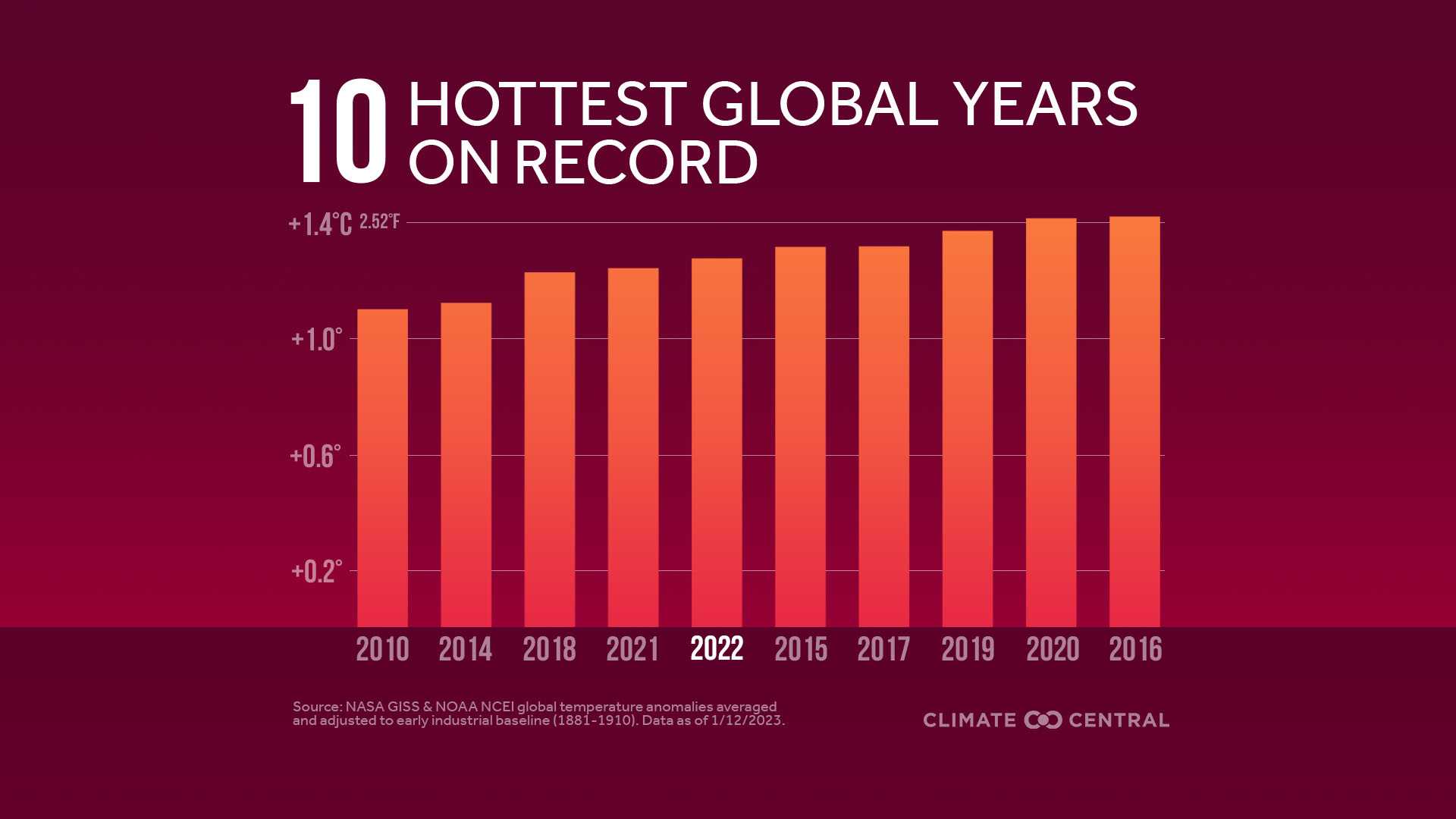The US National Oceanic and Atmospheric Administration (NOAA) announced that the year 2023 is expected to break temperature records as it experiences unprecedented warmth. In its latest monthly update, NOAA reported that September 2023 marked the fourth consecutive month of record-high global temperatures. The data, collected through September and based on historical records dating back to 1975, indicates a more than 99 percent probability that 2023 will be recognized as the hottest year on record.
This announcement comes as world leaders gear up for crucial discussions scheduled for late November in Dubai. One of the primary topics of discussion during these talks will be the phase-out of fossil fuels, the leading contributor to human-induced climate change.
September 2023, in particular, was an extraordinary anomaly in NOAA’s 174-year climate record. Not only was it the warmest September on record, but it was notably warmer than the average July from 2001 to 2010.
The severe impact of climate anomalies was evident in the form of catastrophic events. Storm Daniel, for example, brought extreme winds and unprecedented rainfall to eastern Libya, leading to widespread destruction and tragic dam bursts that claimed over 10,000 lives. Additionally, an extratropical cyclone unleashed torrential rainfall of over 12 inches in 24 hours over Brazilian states, causing landslides and floods that resulted in 30 fatalities.
According to NOAA’s data, the average global temperature for September was 2.59 degrees Fahrenheit (1.44 degrees Celsius) above the 20th-century average of 59.0 degrees Fahrenheit (15.0 degrees Celsius). This temperature exceeded the previous record set in September 2020 by 0.83 degrees Fahrenheit (0.46 degrees Celsius).
The urgent need to limit long-term warming to 1.5 degrees Celsius above pre-industrial levels to avert the most severe climate consequences was underscored by this concerning report.
NOAA’s data also revealed that September 2023 witnessed record-breaking warmth in multiple regions. Africa, Europe, North America, and South America each experienced their warmest September on record, while Asia had its second-warmest and Oceania its third-warmest. Antarctica registered its warmest September, and the Arctic had its second-warmest.
Furthermore, September 2023 established a new record for the lowest global September sea ice extent. The world’s oceans also recorded their sixth consecutive month of record-high global ocean surface temperatures.
Despite the increasing frequency of extreme weather events and the continuous rise in global temperatures, greenhouse gas emissions continue to escalate, and fossil fuels remain heavily subsidized at an annual cost of $7 trillion.




















